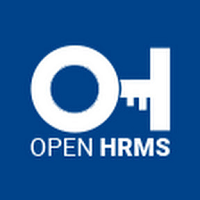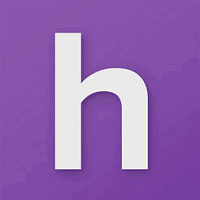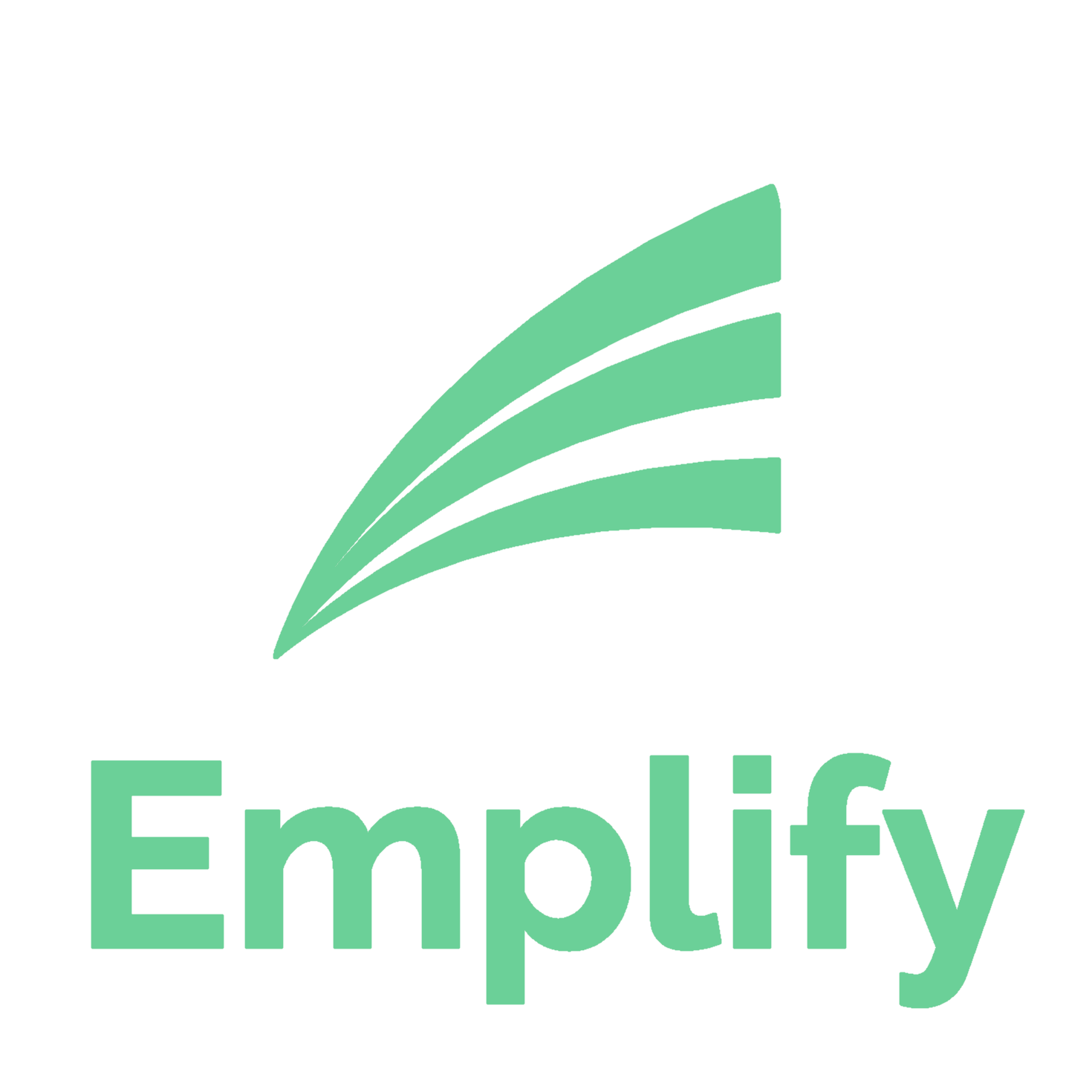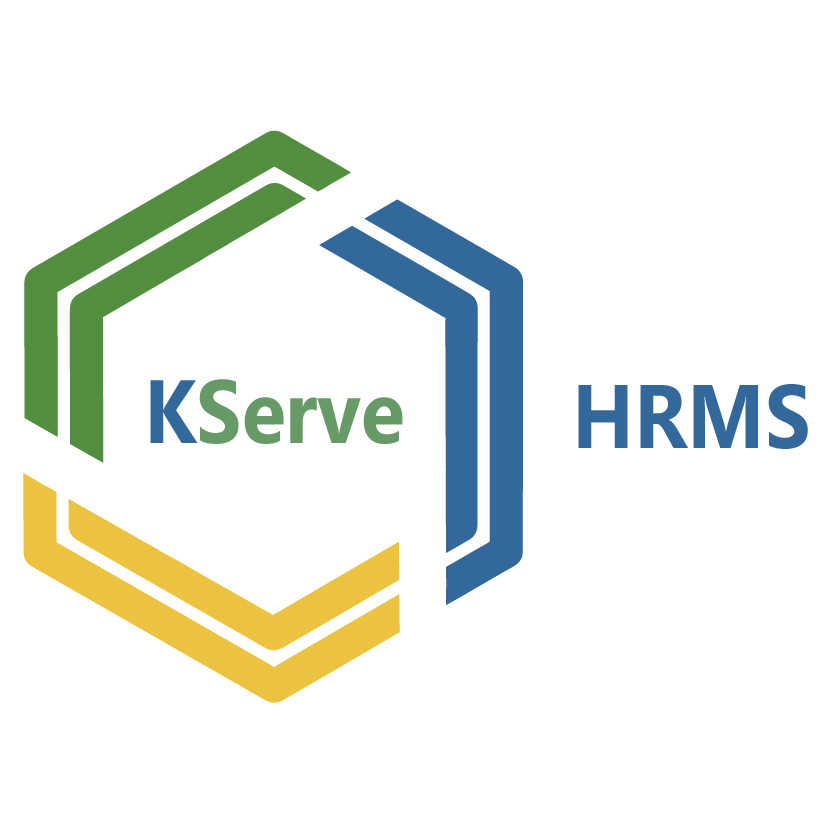Description

HRweb

Open HRMS
Comprehensive Overview: HRweb vs Open HRMS
HRweb and Open HRMS are both human resource management systems designed to streamline HR processes. Here's a comprehensive overview of each:
a) Primary Functions and Target Markets
HRweb:
-
Primary Functions: HRweb is designed to cater to small and medium-sized businesses (SMBs) by offering a comprehensive suite of HR management tools. Key functions include employee data management, attendance and leave tracking, performance evaluations, applicant tracking, and onboarding processes. It often integrates features such as workflow automation and reporting analytics to enhance decision-making.
-
Target Market: HRweb primarily targets small to medium-sized enterprises (SMEs) looking for an affordable yet efficient HR solution. Businesses that require simple, straightforward HR functionalities often find HRweb appealing due to its user-friendly interface and affordability.
Open HRMS:
-
Primary Functions: Open HRMS is an open-source HR management software aimed to provide extensive functionality for managing various HR-related tasks. It includes features like employee management, payroll, attendance, leave management, recruitment, appraisals, expenses, and more. The system is highly customizable, allowing companies to adapt the software to their specific needs.
-
Target Market: Since it is open-source, Open HRMS appeals predominantly to businesses that have the technical expertise or resources to customize and extend the software beyond its core offerings. It is suitable for SMEs to large enterprises that prefer a solution they can customize heavily according to their business processes.
b) Market Share and User Base
-
HRweb: HRweb, due to its user-friendly nature and focus on small to mid-sized companies, holds a modest share in the HRMS market. Its user base tends to be spread across various industries that need cost-effective and straightforward HR solutions.
-
Open HRMS: Being an open-source solution, Open HRMS may not dominate market share in terms of commercial vendors, but it has a significant presence among organizations that prefer open-source flexibility. The user base can be quite extensive given its open-source nature, as many organizations globally contribute to and utilize open-source solutions.
c) Key Differentiating Factors
-
Cost and Pricing Model:
- HRweb usually operates on a subscription model where businesses pay based on user numbers or feature access, making it predictable for smaller organizations without needing extensive technical resources.
- Open HRMS, being open-source, is free to use, though companies may incur costs related to customization, maintenance, and support.
-
Customization and Flexibility:
- Open HRMS is highly customizable, which can be a significant advantage for companies with specific HR needs and those willing to invest in the necessary IT resources for customization.
- HRweb offers less flexibility in terms of customization but compensates with ease of use and rapid deployment.
-
Ease of Use and Implementation:
- HRweb is generally noted for its intuitive interface and easy implementation process, making it accessible for companies without dedicated IT departments.
- Open HRMS, while powerful, requires more technical expertise for implementation and customization, which can be a barrier for some smaller businesses.
-
Community and Support:
- Open HRMS benefits from a community of users and developers who contribute to its continuous improvement, and users can access a wide range of community-created plugins and modules.
- HRweb, as a commercial product, offers dedicated customer support and regular updates, which can be an essential factor for businesses that prioritize easily accessible tech support.
In conclusion, the choice between HRweb and Open HRMS often depends on a company's size, technical capacity, budget, and specific HR needs. Smaller businesses that want an easy-to-use, off-the-shelf solution might lean towards HRweb, while organizations that desire extensive customization might find Open HRMS a better fit.
Contact Info

Year founded :
Not Available
Not Available
Not Available
Not Available
Not Available

Year founded :
2018
Not Available
Not Available
India
Not Available
Feature Similarity Breakdown: HRweb, Open HRMS
When comparing HRweb and Open HRMS, it's important to understand the core features they offer, how their user interfaces differ, and any unique features that might set them apart.
a) Core Features Common in Both
HRweb and Open HRMS are designed to help manage various human resources tasks and typically offer several core features in common:
-
Employee Information Management: Both platforms offer comprehensive databases to store and manage employee information.
-
Attendance and Leave Management: Includes tracking attendance, leaves, and time-off requests.
-
Performance Management: Tools to assess and manage employee performance, including appraisal systems.
-
Recruitment and Onboarding: Modules for managing the recruitment process and onboarding new employees.
-
Payroll Management: Systems for processing employee payroll, including tax calculations and compliance.
-
Reporting and Analytics: Both platforms provide tools for generating reports and analytics on various HR metrics.
-
Self-Service Portals: Employees can manage their information, view payslips, and make requests through a self-service portal.
b) User Interface Comparison
The user interfaces of HRweb and Open HRMS differ, influenced mainly by their design principles and targeted audience:
-
HRweb: Known for a more streamlined, user-friendly interface with clear navigation paths. It emphasizes ease of use, making it suitable for businesses that need quick onboarding with minimal training for users.
-
Open HRMS: Being an open-source solution, its interface can vary greatly depending on customization. It can be tailored to specific business needs but might require more initial setup and training. The interface provides flexibility and may integrate with other systems, but this could lead to a steeper learning curve.
c) Unique Features
Each platform has unique features that distinguish it from the other:
-
HRweb:
- Simplified Integration: Often comes with existing integrations with popular business tools which can be more straightforward to set up compared to customizing open-source software.
- Support and Updates: Regular updates and customer support as part of a subscription may make this more appealing for users who prefer robust support.
-
Open HRMS:
- Customization: As an open-source platform, it offers extensive customization capabilities. Organizations can modify the codebase or add specific modules tailor-made to their needs.
- Cost Efficiency: Often more cost-effective, especially for businesses that have the technical capability to manage and support the solution internally.
- Community-Driven Enhancements: Often, open-source platforms benefit from a community of developers contributing improvements and plugins, potentially leading to innovative features.
In conclusion, the choice between HRweb and Open HRMS would largely depend on the specific needs of the organization, such as the importance of cost, the level of customization required, and the need for customer support. Each offers a robust suite of core HR features but caters to different strategic priorities and resource availabilities.
Features

Not Available

Payroll Management
Leave Management
Employee Self-Service
Performance Management
Employee Management
Best Fit Use Cases: HRweb, Open HRMS
When considering HR solutions like HRweb and Open HRMS, it's important to understand how they cater to different business needs and environments. Below is a breakdown of the best-fit use cases for each of these platforms:
HRweb
a) For what types of businesses or projects is HRweb the best choice?
-
Small to Medium Businesses (SMBs): HRweb is particularly suited for smaller organizations that require affordable yet comprehensive HR functionality. It offers essential HR features without the complexity that larger enterprises might demand.
-
Startup Companies: Startups benefit from HRweb's straightforward implementation process and user-friendly interface, making it a good choice for teams that are just starting to formalize their HR processes.
-
Service-Oriented Companies: Businesses in the service sector, particularly those that require efficient tracking of employee performance and time management, will find HRweb's features well-suited to their needs.
-
Project-Based Organizations: Companies that operate on a project basis can leverage HRweb's time management and reporting tools to ensure accurate project tracking and employee allocation.
-
Cost-Conscious Businesses: HRweb can be an attractive option for organizations with limited budgets that require a practical HR tool without incurring high costs.
Open HRMS
b) In what scenarios would Open HRMS be the preferred option?
-
Large Enterprises: Open HRMS is ideal for larger organizations that require a scalable and customizable HR management system. It provides modular features that can be tailored to the specific needs of the business.
-
Tech-Savvy Organizations: Companies with a strong IT department or technical expertise might prefer Open HRMS due to its open-source nature, allowing greater flexibility and customization.
-
International and Multi-Location Firms: With support for multiple languages and localization, Open HRMS can be beneficial for businesses operating across different regions and countries.
-
Industries with Complex HR Needs: Industries such as manufacturing, healthcare, or finance, where intricate compliance and reporting are essential, may prefer the flexibility and robust features offered by Open HRMS.
-
Organizations Seeking Integration: For businesses already using open-source ERP systems or other software and looking for seamless integration with their existing tools, Open HRMS is preferable due to its compatibility.
Catering to Different Industry Verticals or Company Sizes
-
Industry Verticals: Both HRweb and Open HRMS can cater to multiple industry verticals but in slightly different ways. HRweb focuses more on ease of use and essential functionality for service-oriented and project-based sectors. Open HRMS offers deeper customization, which can be crucial for industries with specialized HR demands.
-
Company Sizes:
- Small Companies: HRweb generally fits better due to its straightforward setup and usability, making it accessible without requiring deep technical knowledge.
- Medium to Large Enterprises: Open HRMS can scale remarkably well with business growth, ensuring it meets the complex needs of larger companies through its customizable nature.
Ultimately, the choice between HRweb and Open HRMS depends on the specific needs, technical capabilities, and scalability requirements of the business in question.
Pricing

Pricing Not Available

Pricing Not Available
Metrics History
Metrics History
Comparing undefined across companies
Conclusion & Final Verdict: HRweb vs Open HRMS
When evaluating HRweb and Open HRMS to determine which offers the best overall value, several factors need to be taken into account, including functionality, cost, scalability, user-friendliness, and customer support. Below is a detailed comparison including the pros and cons of each and recommendations for potential users:
Conclusion and Final Verdict
a) Best Overall Value:
Open HRMS tends to offer the best overall value for organizations seeking a comprehensive, flexible, and cost-effective HR solution. This is primarily due to its open-source nature, customizable features, and robust community support, which can be particularly advantageous for organizations with specific needs or that anticipate significant growth.
b) Pros and Cons:
HRweb:
- Pros:
- User-friendly interface that is easy to navigate, making it suitable for businesses with less technical expertise.
- Offers a range of features from recruitment and onboarding to performance management and reporting.
- Provides reliable customer support and resources to assist users.
- Cons:
- May lack the depth of customization that some businesses require, as it is not open-source.
- Could be more expensive in the long run, especially for businesses that need to scale or require additional modules.
Open HRMS:
- Pros:
- Open-source platform allows for extensive customization to fit specific business needs.
- Community-driven, with numerous modules and integrations available, ensuring flexibility and adaptability.
- Can be a cost-effective solution, particularly for businesses with in-house IT capabilities.
- Cons:
- May require more technical expertise to set up and maintain, which could be a barrier for smaller businesses without dedicated IT staff.
- The open-source nature may lead to inconsistent support unless backed by an experienced partner or vendor.
c) Recommendations:
-
For Small Businesses or Startups:
- HRweb might be more suitable if you need a straightforward, out-of-the-box solution with dedicated support. It is ideal for companies looking for ease of use without the need for extensive customization.
-
For Mid-Sized to Large Enterprises:
- Open HRMS is likely the better choice for organizations that require customizable solutions to integrate with other systems or anticipate scaling operations. Its open-source model provides the flexibility needed for complex HR demands.
-
For Technically Proficient Teams:
- If your organization has access to a skilled IT team or partners who can support an open-source system, Open HRMS will allow for tailored solutions that can evolve with your business needs.
-
For Organizations with Budget Constraints:
- Consider the long-term costs associated with each option. Open HRMS may provide savings on licensing fees if you have the capabilities to manage it internally, while HRweb might result in higher ongoing costs due to licensing and additional fees for extra features.
Ultimately, the decision will depend on your specific business needs, budget, and available resources. Evaluating the required features, future scalability, and the level of support your organization needs will help you choose the right HR management system.
Add to compare
Add similar companies




